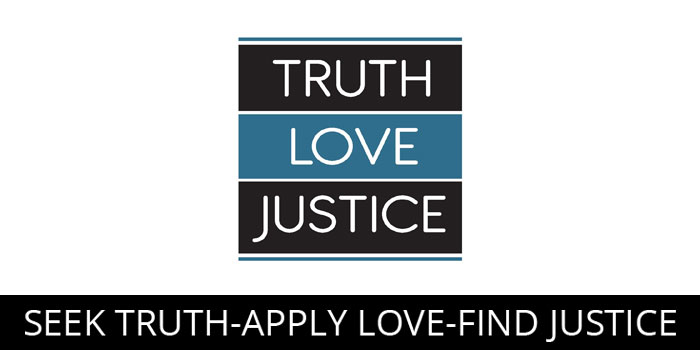John Carpenter files lawsuit on behalf of dozens of protesters illegally arrested demonstrating against the murder of George Floyd.
Los Angeles Times
By Kevin Rector
MARCH 1, 2021
More than 40 people arrested in Los Angeles County for curfew violations during last summer’s mass protests have alleged in a new lawsuit that the curfews were an unconstitutional and coordinated tactic by the county, several local cities and their police forces to stifle legitimate political speech against police violence.
The lawsuit alleges a slate of violations of the protesters’ constitutional and civil rights, assault and battery, false imprisonment, negligence and the intentional infliction of emotional distress, and calls the curfew a “tool of oppression” used by government actors to suppress the truth and shore up false narratives about American policing.
“Its purpose was to create a lasting chilling effect on the lawful exercise of speech, stopping individuals from participation in peaceful assembly,” the plaintiffs claim in the lawsuit, filed in Los Angeles Superior Court last week. “Under the guise of action to stop looting, mass arrests were made of people committing no crime but speaking truth to power.”
The lawsuit is the latest in a mountain of litigation now pending against local entities in the wake of the 2020 unrest, which followed the deaths of George Floyd and other Black victims of police force and led to mass protests across the country amid the COVID-19 pandemic.
It reiterates claims in other lawsuits, including a class-action case brought by Black Lives Matter – Los Angeles and other prominent groups, that arrestees were subjected to intentionally inhumane treatment as local police forces cleared the streets of protesters at the end of May and in early June.
Thousands of people were arrested in the L.A. area, the majority of them for nonviolent offenses. Of 4,146 people arrested by the Los Angeles Police Department between May 28 and June 8, for instance, nearly 90% were for nonviolent offenses including curfew violations, failure to disperse or disobeying a lawful order.
The latest lawsuit alleges the mistreatment occurred across the region, not only in Los Angeles but in unincorporated parts of the county and in Santa Monica and Beverly Hills as well. It alleges the municipalities and their police forces used the curfew “to trap protesters and enact sweeping arrests” without just cause, and did so “in concert” with one another.
“Boxed-in by officers clad in riot gear and wielding, without limitation, batons, rubber-cased bullets, tear gas, flashbang grenades, and sound cannons, peaceful protestors were attacked, mobbed, and unlawfully detained and arrested,” the lawsuit states. “The Defendants worked in concert for the correlated suppression of truthful speech.”
The LAPD declined to comment on the new lawsuit, saying it does not comment on pending litigation. A spokesman for Beverly Hills said the city was reviewing the litigation. The Los Angeles County Sheriff’s Department and Santa Monica did not immediately respond to a request for comment.
After their arrest, the lawsuit alleges that the curfew violators were then bound in zip ties for hours on end without access to bathrooms or to food or water, left on buses without social distancing and where officers weren’t wearing masks, and then driven to distant locations and dumped outside to again be in violation of the curfew.
The lawsuit alleges copyrighted songs were played by law enforcement in an effort to get any videos the protesters might have posted of the encounter taken down from social media.
Curfews were implemented across the county and by the cities individually for several nights in a row after protests spiraled out of control at the end of May and police in riot gear squared off with protesters as criminals capitalized on the chaos, burglarizing and burning storefronts. Damage occurred in downtown L.A. and in the city’s Fairfax district, as well as in the commercial cores of Santa Monica and Beverly Hills.
Several reviews of the unrest and the police handling of it are pending, as are several lawsuits about the treatment of arrestees and the use of weapons such as plastic and foam bullets and batons on protesters.

